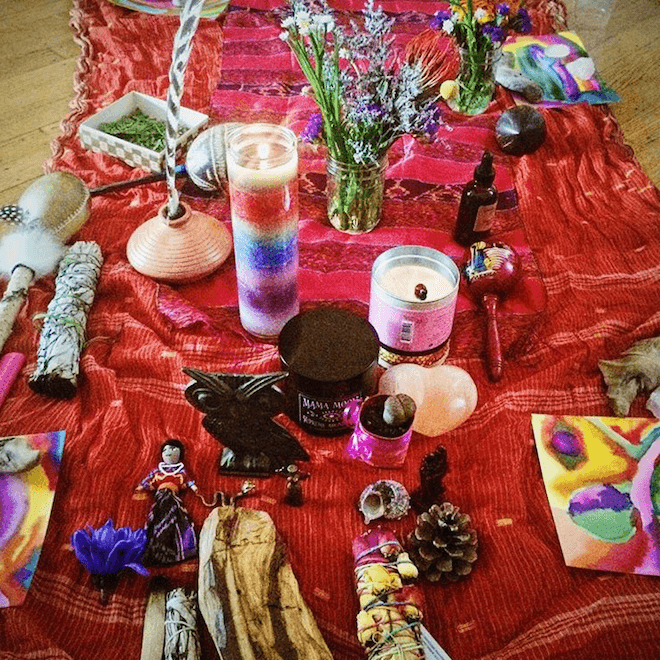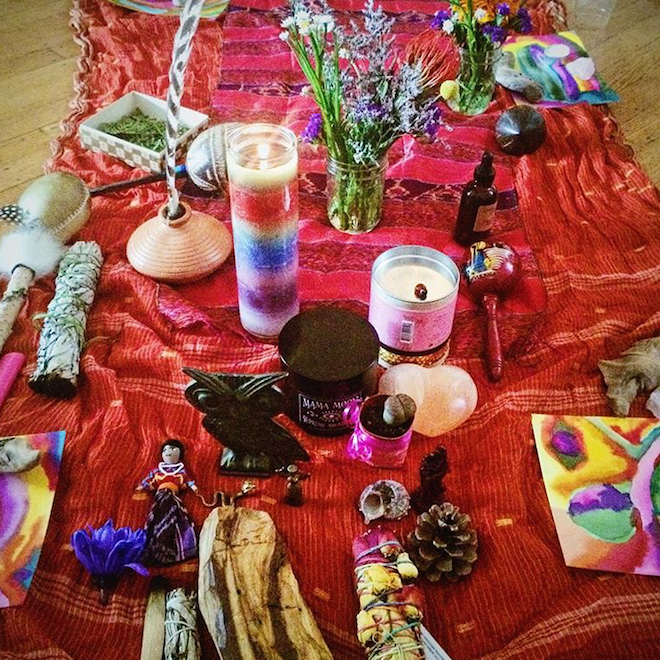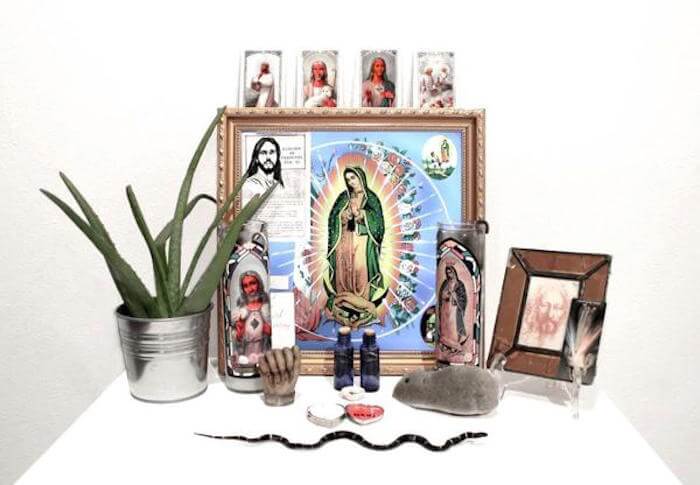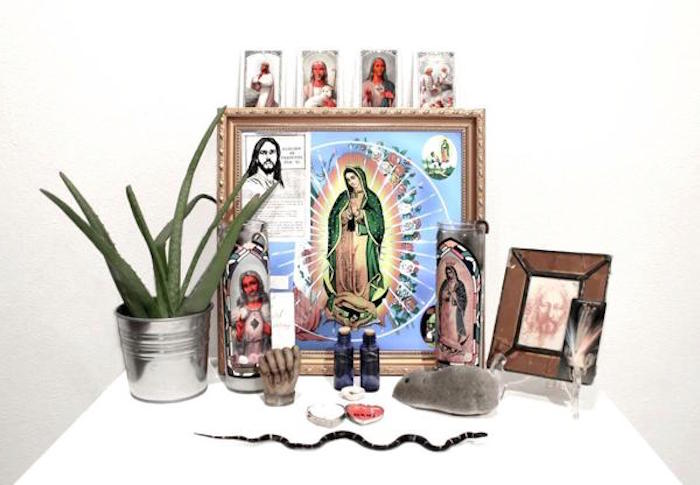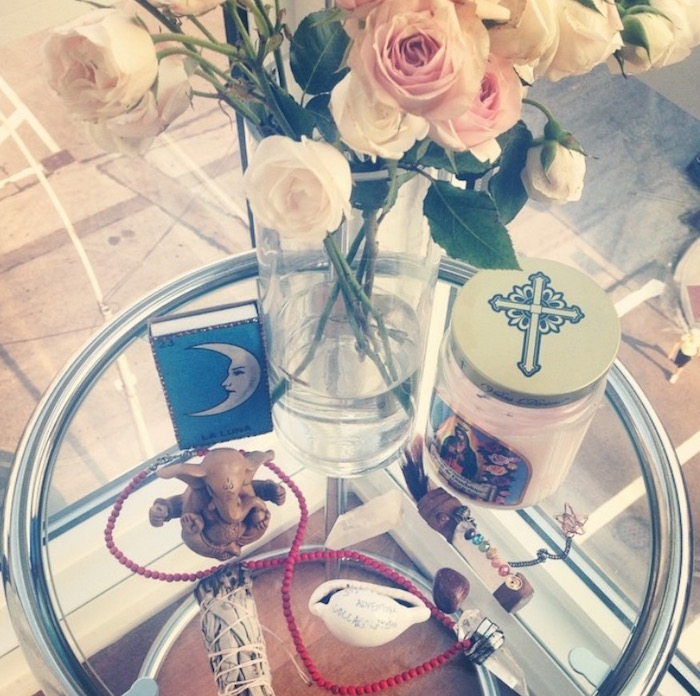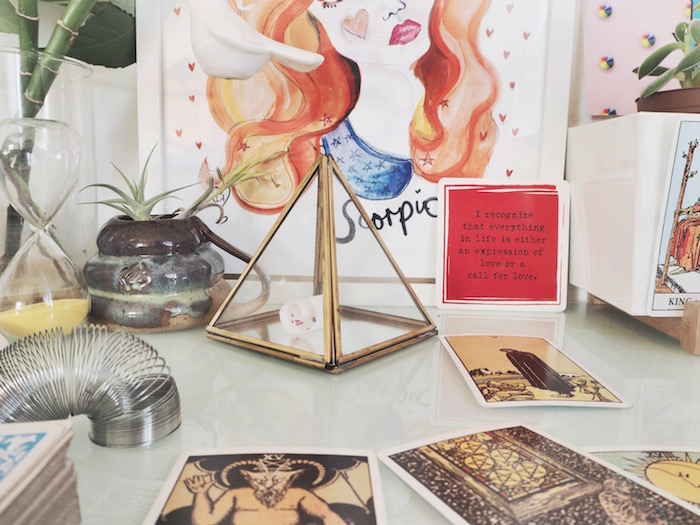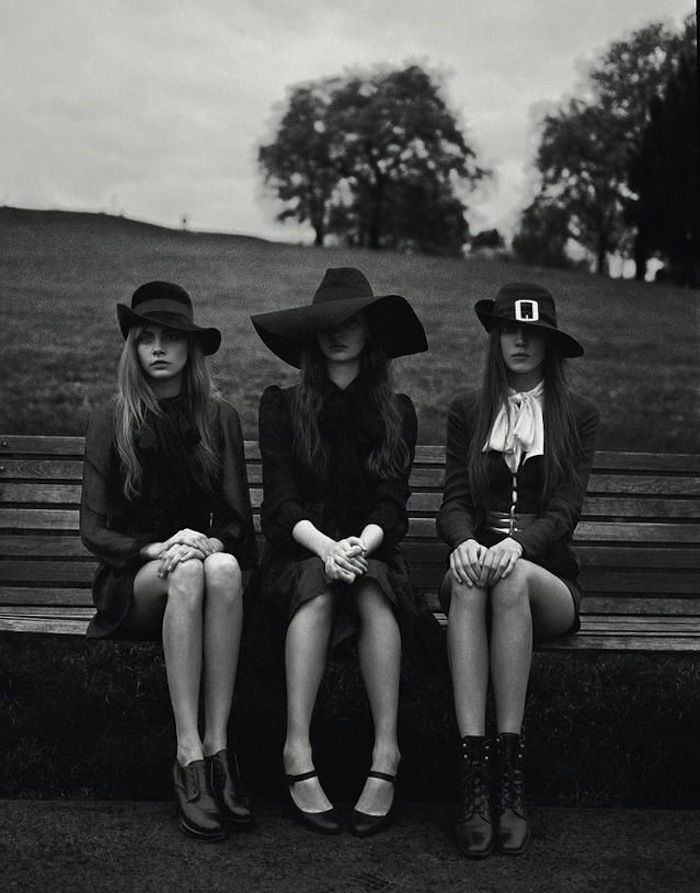What if you applied the life changing magic of Marie Kondo’s tidying methods to choosing the right friendships, asks Victoria Cox? Artwork: Found on Pinterest

Friendship is a constantly evolving thing. We have our inner circle of friends, our coven of trusted confidants. Then there is a secondary circle, comprising people we are friendly with but who are less likely to know our strange quirks and deepest desires; work colleagues, gym buddies or school friends.
Over time, lesser known friends move into the inner circle, whist others move out of the constellation entirely. The point being that our friendship circle is ever changing, as we mature and grow. It is not designed to be stagnant and fixed.
Some friendships gain strength year after year, reaching surprising levels of intimacy. Some fade away entirely either through neglect, distance or simply growing apart. Then there are others that come to an abrupt end, the flame of friendship extinguishing itself in a dramatic fashion.
I understand all of this. So why do I still find myself trying to maintain friendships that no longer serve me? The answer to this question can often be surmised in one word: obligation. After all, if we’ve spent years building up a friendship, investing our time and our hearts, it seems counter-intuitive to throw it all away.
But what if we could learn to accept that if things aren’t what they once were? Acknowledge that it’s time to move on, with no hard feelings?
After all, I’ve learned to do this is every other area of my life. I’ve walked away from dysfunctional relationships; shitty bosses and unfulfilling jobs without even looking back. Why not apply the same thought process to my friends?
And then I finally read Marie Kondo’s book, The Life Changing Magic of Tidying Up, and a light-bulb went on in my head.
Kondo, a Japanese organizing expert, touts the virtues of tidying by asking of everything you own: “Does this spark joy?” and if not, thanking it for its service and getting rid of it. But instead of pondering whether inanimate objects in my apartment sparked joy, what if I applied this method to choosing the right friendships?
Admittedly my first thought was to question whether or not I would qualify as a sociopath in comparing my friendships to my heavily stained shower curtain.
But really, what if we were to scroll through every friend listed in our phone contacts and ask ourselves: “Does this person spark joy in my life?” I would hazard a guess there’s probably a good thirty percent of people about whom we would either answer with a long “hmmm…”—or else blurt out a “Hell No!”
And when you really think about it, why would we choose to spend our valuable time with friends that no longer spark joy in our life? It simply doesn’t make any sense. Until you factor in that godawful G word. Guilt.
So powerful is the G-word (evil twin of the that O-word again—obligation) that I recently found myself spending hours with a friend who I didn’t want to hang out with, doing things I had no interest in doing and wishing I was somewhere else. Talk about soul-destroying.
And so turned back to Kondo’s book, seeking more pearls of wisdom to apply to my friendship circle.
She also wisely counsels that nostalgia is not your friend when it comes to your closet—and it turns out it’s not much help when it comes to friends, either.
How many times had I continued to hang out with a friend based solely on memories of what fun we used to have together? As it turns out, way too many. Our conversations always took a detour back down memory lane, peppered with “Remember when’s?” rather than “I’m so excited for…”
Sadly, the past is the past and if the only connection is over what was instead of what will be, then it might be time to reassess what purpose that particular friendship is serving. Is this person invested in your future dreams? Do they relate to the person you are today, or only the person you used to be?
Friendships are unique. Unlike relationships with our family, we choose to enter into them. And unlike a marriage, there’s no piece of paper reminding us we’re obliged to try and make it work. We choose each other because the relationship means something to us, it brings us joy, makes us laugh, brings over pizza when we’re feeling down and out.
Whilst it may be incredibly sad to bid adieu to a friendship that just isn’t working for us in the same way—because we’ve changed, they’ve changed or it simply doesn’t jive the way it used to—it’s also freeing to remember that since we chose to get into it, we can also choose to get out.


